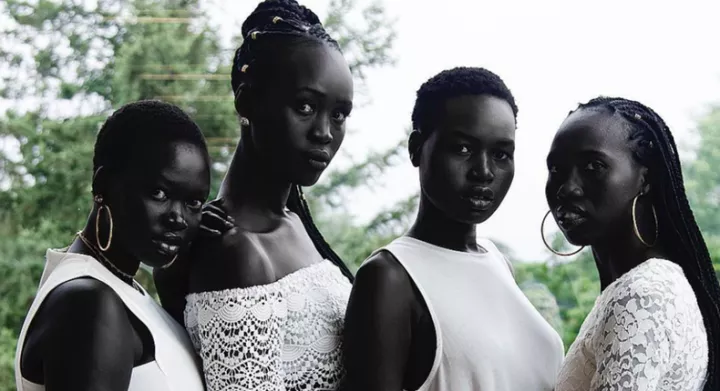
Skin tone is a beautiful spectrum, reflecting the incredible diversity of humanity. Melanin, a pigment produced in the skin, determines skin color and plays a vital role in sun protection. Populations living closer to the equator, where the sun's rays are strongest, tend to have darker skin due to natural selection. Here, we'll explore six countries with a significant portion of their population having darker skin tones, ranging from lighter to darker complexions.
6. Brazil
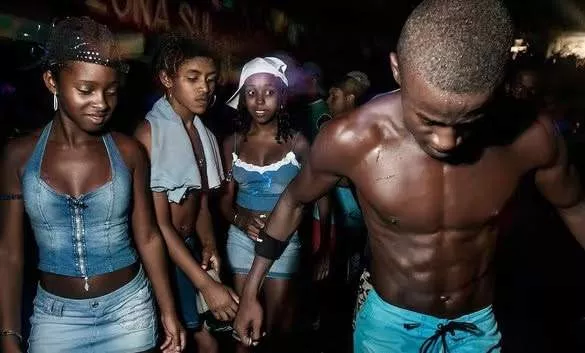
Brazil is a melting pot of ethnicities, with a significant portion of its population being of African descent
Brazil is a melting pot of ethnicities, with a significant portion of its population being of African descent. The country has the largest African diaspora in the world, primarily due to the transatlantic slave trade. In regions like Bahia, a vibrant cultural hub, many Afro-Brazilians possess deep, rich skin tones. The Brazilian government and various organizations have been working to acknowledge and celebrate this African heritage, promoting racial equality and cultural pride.
5. India

In southern states like Tamil Nadu and Kerala, many people have deep, dark complexions
While India is often associated with lighter-skinned individuals, the country is incredibly diverse in terms of skin tones. In southern states like Tamil Nadu and Kerala, many people have deep, dark complexions. This diversity is a testament to India's complex history of migrations and intermarriages among different ethnic groups. The darker skin tones in southern India are a source of pride and beauty, challenging the often Eurocentric beauty standards prevalent in the media.
4 Papua New Guinea
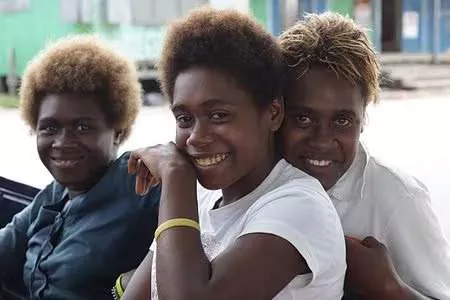
The indigenous people of this island nation are known for their very dark skin tones, which are adapted to the tropical environment
Papua New Guinea is one of the most culturally diverse countries in the world, with over 800 languages spoken. The indigenous people of this island nation are known for their very dark skin tones, which are adapted to the tropical environment. The Melanesian population in Papua New Guinea showcases a stunning range of dark skin tones, which are celebrated through their rich cultural traditions and vibrant ceremonies.
3. Sudan
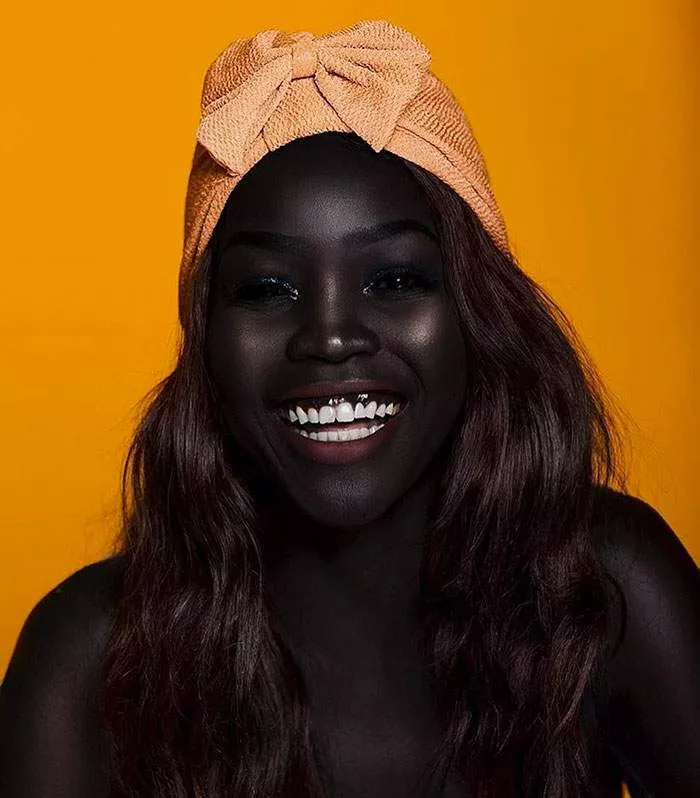
Sudan, located in northeastern Africa, has a population with some of the darkest skin tones on the continent. The Nubian people, one of the ethnic groups in Sudan, have a particularly deep, dark complexion. Historically, Nubia was an ancient civilization known for its wealth, culture, and significant contributions to African and world history. Modern Sudanese continue to take pride in their heritage, with dark skin being a symbol of beauty and resilience.
2. Nigeria

Nigeria is Africa's most populous country and one of its most ethnically diverse. The country is home to numerous ethnic groups, including the Yoruba, Igbo, and Hausa, many of whom have dark skin tones. Nigerian culture is rich with traditions, music, and fashion that celebrate blackness and African heritage. The country's film industry, Nollywood, has played a significant role in promoting positive representations of dark-skinned individuals.
1. South Sudan
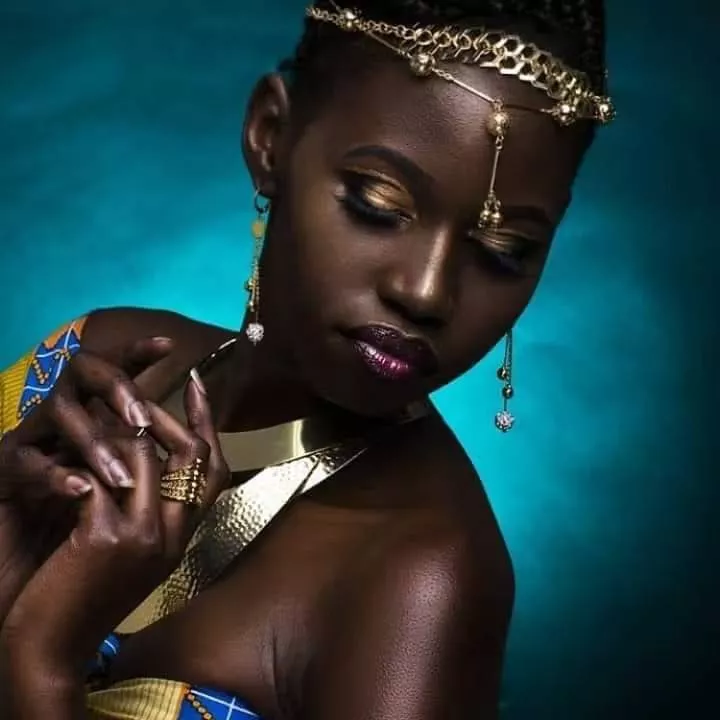
Topping the list is South Sudan, where some of the world's darkest skin tones can be found. The South Sudanese, particularly the Dinka and Nuer ethnic groups, are known for their exceptionally deep, dark complexions. South Sudan gained independence from Sudan in 2011 and has since been building its national identity. The beauty and distinctiveness of South Sudanese skin tones are celebrated within the country and admired globally.
Embracing Melanin
Understanding and appreciating the diversity of skin tones worldwide is crucial in fostering a more inclusive and respectful global society. Each country mentioned above showcases a unique cultural heritage intertwined with the beauty of dark skin. As the world becomes more interconnected, it's essential to challenge and move beyond traditional beauty standards, recognizing that beauty comes in all shades.
The darkest skin tones are not just a physical attribute but a representation of cultural richness, resilience, and identity. Celebrating this diversity helps combat colorism and promotes a world where everyone is appreciated for their unique beauty.

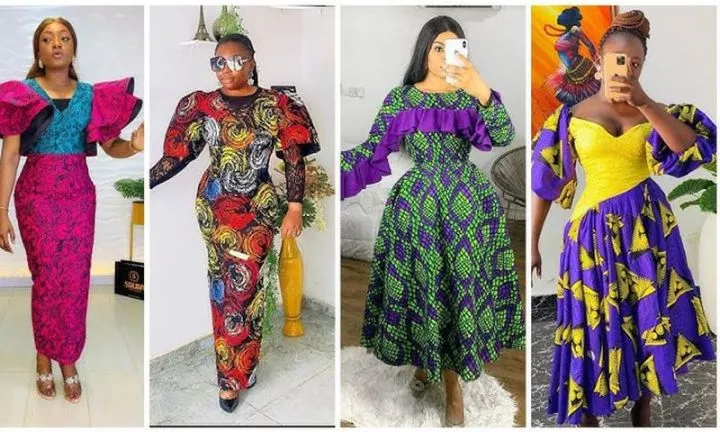
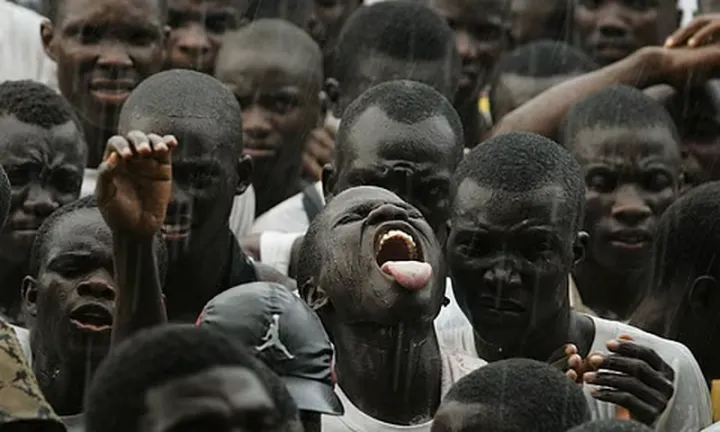
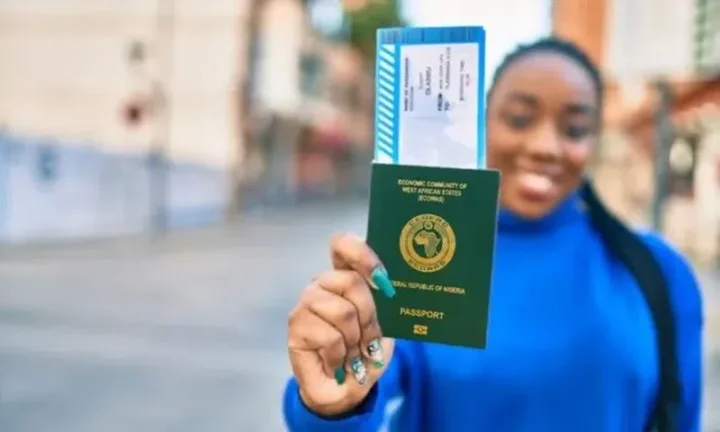
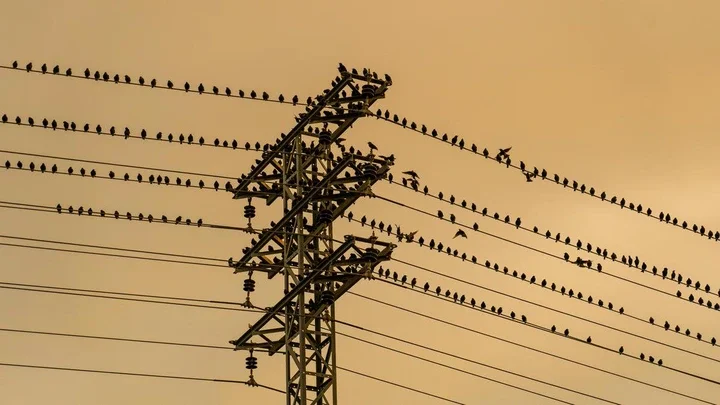
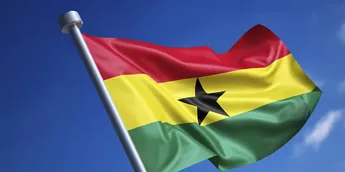

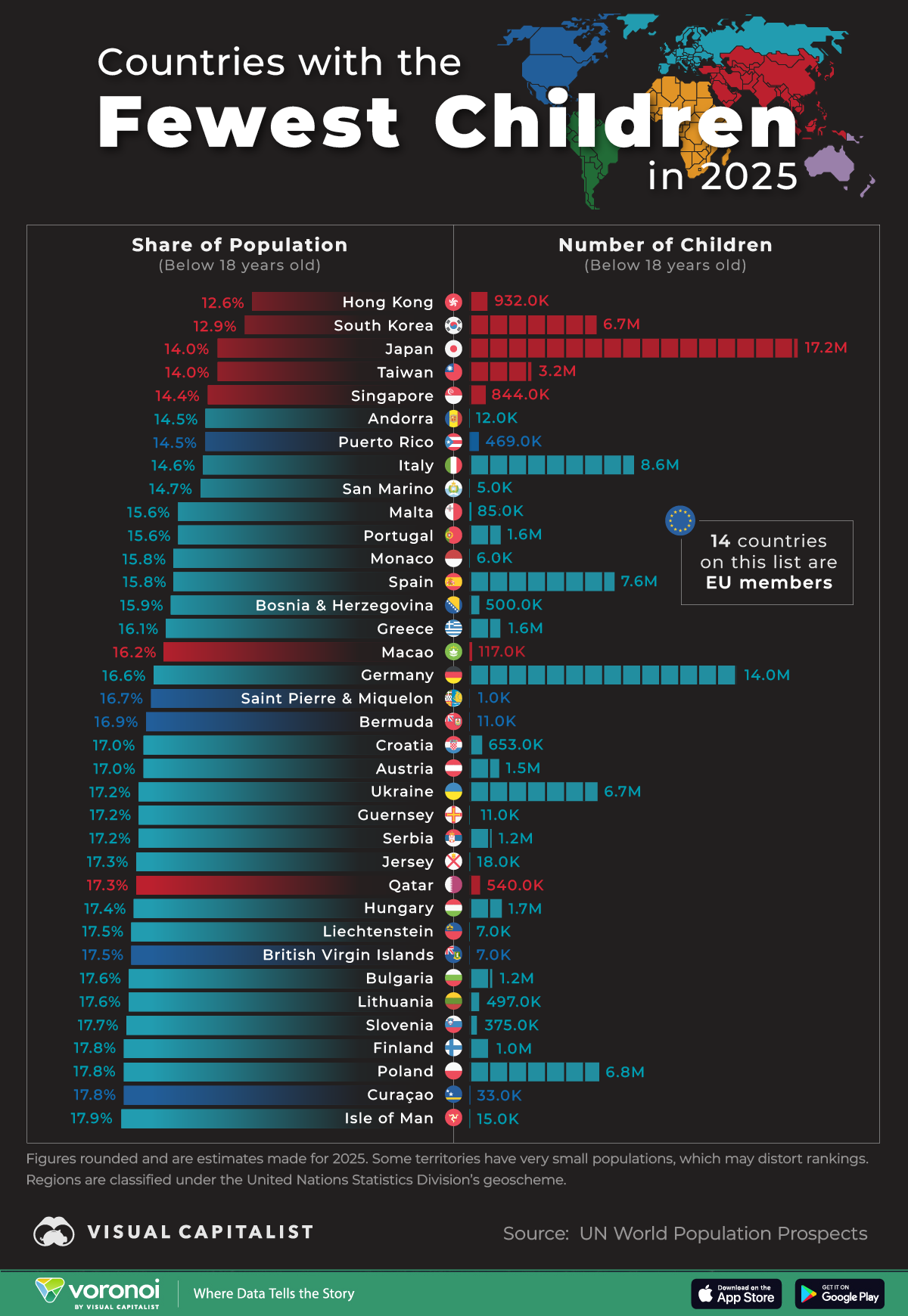








Comments